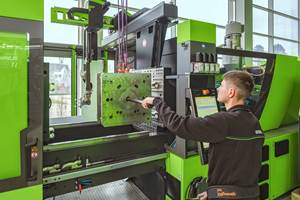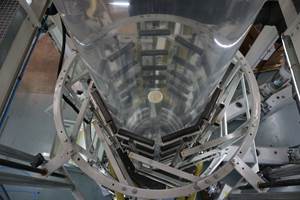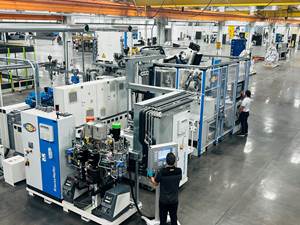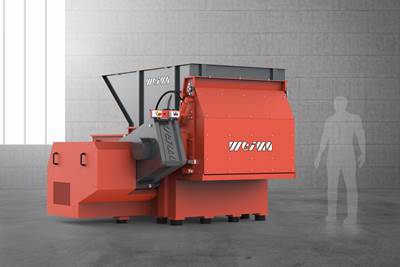Workforce Instability and How to Avoid It
How employers can support employees who live in economic instability.

Ruth Weirich, author and consultant at aha! Process
Unconscious bias about economic class often surfaces in the workplace. Your brain is on autopilot, based on how you grew up. Mindsets, habits, patterns, opportunities, and experiences are all shaped by the environment in which we experience our lives. Survival, achievement, and connections are also important. Can you live without a credit card and checking account? You have employees who do. Can you move in one day? You have employees who are masters at it. Do you understand the difference between the principal, interest, and escrow payments on your mortgage statement? The more we have experienced, the more versatile we are and the more we can contribute in the workplace.
Our entry-level, lower-wage workers (who often are living in survival mode) experience higher levels of personal instability, which leads to absenteeism, health problems, violations of workplace expectations, and communication conflict. Does this sound like one of your issues? Employees living in the tyranny of the moment focus on meeting their daily survival needs while management is thinking about tomorrow, planning, and focusing on achievement. The two mindsets collide at work, creating conflict.
How can employers support employees who live in economic instability?
First, understand the environment in which you grew up in and the environment from which your coworkers come from. By doing this, better relationships can evolve, which results in less turmoil.
Second, take a look at the policies, procedures, and benefits of the business, and analyze which of them need revised to better accommodate employees living in instability. You are not lowering expectations in the workplace; instead, you are creating new pathways for business success. A good example is health insurance. You offer health insurance, but the deductible is so high that most of your entry-level employees can’t afford to use it.
If employees have lived in daily instability for generations, they may not know how health insurance works. Here are two ideas you might consider: 1) a class provided by a coworker, someone similar to themselves, on how health insurance works; and 2) depositing money during the first fiscal month of a year into employees’ flexible spending accounts so they can afford to use the health insurance benefit. This is a direct financial incentive.
Third, create relationships of mutual respect with your entry-level, lower-wage employees. Ask about their families, listen to their stories, and share lunch together. Once employees know they are respected, they will have your back. Since these employees make decisions based on relationships and survival, this is a key component in driving retention.
These three ideas simply scratch the surface of what your business can to avoid workforce instability. It starts with pre-hires and moves on with promoting employees from within. Use these opportunities to grow your brand, improve morale and productivity, and watch your profitability increase.
About the Author: Ruth K. Weirich , MBA is an author, trainer, and management professional experienced in business operations efficiency and profitability. She is also a past president of aha! Process, an education and training company specializing in economic class issues. Contact: rkweirich@ahaprocess.com; ahaprocess.com.
Related Content
Mold-Change Time Targeted with Training, Technology
Engel is offering technology and training to molders to help them optimize their mold-changing process.
Read MoreTAPPI to Provide Film Education Program at PTXPO 2023
Second-ever PTXPO will feature a robust education program on flexible film, with more technical programming in the works.
Read MoreKraussMaffei and NIAR Propel Injection Molded Thermoplastic Composites
The maker of plastics processing equipment has placed a machine and an injection molding expert in NIAR’s ATLAS lab in Wichita, Kansas, to help molding, composites and aerospace take off.
Read MoreEducational Grant and Student Scholarships Open
The Society of Plastics Engineers’ Mold Technologies division is accepting applications for a $5,000 educational grant and a new $3,000 student scholarship honoring Glenn Beall.
Read MoreRead Next
Recycling Partners Collaborate to Eliminate Production Scrap Waste at NPE2024
A collaboration between show organizer PLASTICS, recycler CPR and size reduction experts WEIMA and Conair will seek to recover and recycle 100% of the parts produced at the show.
Read MoreLead the Conversation, Change the Conversation
Coverage of single-use plastics can be both misleading and demoralizing. Here are 10 tips for changing the perception of the plastics industry at your company and in your community.
Read MoreFor PLASTICS' CEO Seaholm, NPE to Shine Light on Sustainability Successes
With advocacy, communication and sustainability as three main pillars, Seaholm leads a trade association to NPE that ‘is more active today than we have ever been.’
Read More
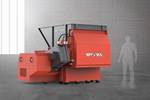








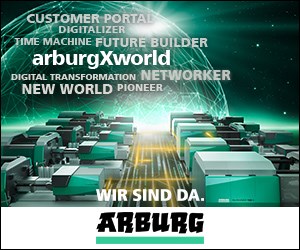


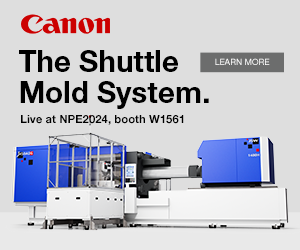
 (2).jpg;maxWidth=300;quality=90)




